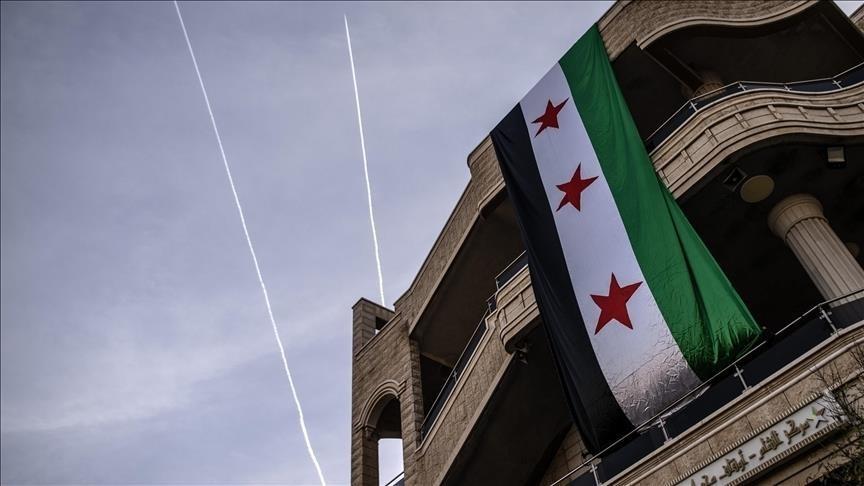
Syria's new government has agreed to give inspectors from the United Nations’ nuclear watchdog access to suspected former nuclear sites immediately, the agency’s head has told The Associated Press.
The International Atomic Energy Agency’s director-general, Rafael Mariano Grossi, spoke in an exclusive interview in Damascus, where he met with President Ahmad al-Sharaa and other officials.
The agency’s aim is “to bring total clarity over certain activities that took place in the past that were, in the judgment of the agency, probably related to nuclear weapons,” Grossi said.
He described the new government as “committed to opening up to the world, to international cooperation” and said he is hopeful of finishing the inspection process within months.
An IAEA team in 2024 visited some sites of interest while former President Bashar Assad was still in power. Since the fall of Assad in December 2024, the IAEA has been seeking to restore access to sites associated with Syria's nuclear program.
Syria under Assad is believed to have operated an extensive clandestine nuclear program, which included an undeclared nuclear reactor built by North Korea in eastern Deir el-Zour province.
Why not?’ Syrian leader signals nuclear ambitions
The IAEA head also said Sharaa expressed an interest in pursuing nuclear energy for Syria in the future, adding, “Why not?”
“And the president has expressed to me he’s interested in exploring, in the future, nuclear energy as well,” Grossi said.
Grossi said inspectors plan to return to the reactor in Deir el-Zour as well as to three other related sites.
Other sites under IAEA safeguards include a miniature neutron source reactor in Damascus and a facility in Homs that can process yellow-cake uranium.
“We are trying to narrow down the focus, to those or that one that could be of a real interest,” he said.
While there are no indications that there have been releases of radiation from the sites, he said, the watchdog is concerned that “enriched uranium can be lying somewhere and could be reused, could be smuggled, could be trafficked.”
He said Sharaa — who has courted Western governments since taking power — had shown a “very positive disposition to talk to us and to allow us to carry out the activities we need to.”